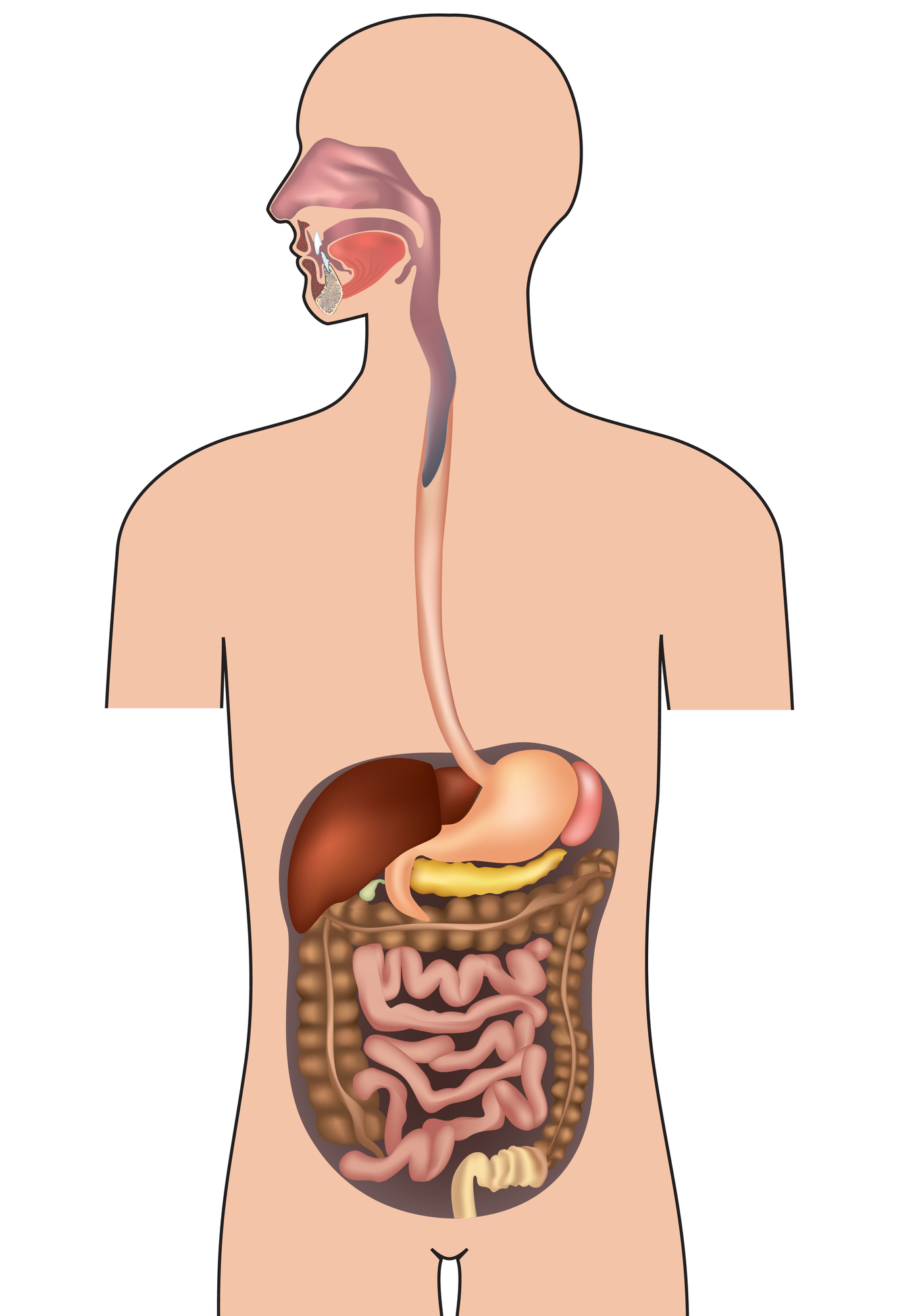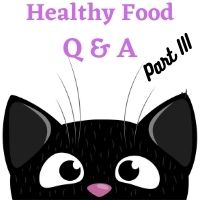Sugar and Your Immune System
Refined carbohydrates such as white sugar and high-fructose corn syrup can be found in many food products in grocery stores like ketchup, breakfast cereals, luncheon meat, and canned soups.
Next time you’re shopping in the grocery store pay attention to the ingredients of foods, and you’ll be amazed how much sugar we consume in the United States. Refined or highly-processed sugar and your immune system don’t work together, but work in the opposite direction. Sugar can suppress the function of the immune system severely, and bring about many other hosts of diseases.
Does Sugar Weaken the Immune System?
White sugar is devoid of nutrients so when you eat it your body has to use its precious nutrients reservoir of minerals and vitamins to metabolize the sugar, thus, depleting the body of its nutrients. Your immune system cells, like many other cells in the body, will be deprived of that reservoir, and consequently weaken the immune function. As Dr. Natasha Campbell McBride, the author of Gut and Psychology Syndrome, explains in her podcast interviews when you consume white sugar your body--to metabolize one molecule of sugar--needs about:
- 56 of the mineral magnesium
- It needs chromium
- It needs enzymes
- It needs amino acids
- It needs various vitamins and other nutrients.
This is how much and many of the nutrients your body will take from its reservoir to process and metabolize one molecule of sugar. So when you are consuming refined sugar of 1, 2, 3, or more teaspoons of sugar imagine how much you are depleting the essential nutrients from your body--thus weakening the immune system.
According to the author Julien Bockhofer of her book (very recommended), Sugar: The Slow Killer: The damaging effects of sugar on the human mind and body, “Sugar comes second in the list of the most fatal reasons for our immune systems getting weak; the first being the AIDS virus.”
Another great book: SUGAR: Sugar Addiction and Cravings by Jennifer Atkins explains how sugar competes with Vitamin-C entering the cells including the immune system cells. “Glucose and Vitamin C have similar chemical structures, so what happens whenever the sugar levels go up is that each competes with one another upon entering the cells.
And the thing that mediates the entry of glucose into the cells is the same thing that mediates the entry of Vitamin C into the cells. If there is a higher concentration of glucose, naturally less Vitamin C would be allowed to enter into the cell.”
This is what sugar can do to the immune system by directly stealing nutrients and competing with cell receptors with Vitamin C, and science will probably reveal more in the future. But sugar does more damage to the body and indirectly affects the immune function negatively by causing:
- Diabetes
- Cancer (cancerous cells love feeding on sugar)
- Heart disease
Sweet Taste Buds
We all have sweet taste buds; therefore, I am not saying to stop eating sweets, but make your choices wisely. Believe it or not, it’s not that hard if you know how to do it. The first thing you need to do is to choose natural minimally processed sweets such as:
- Honey (unpasteurized or raw and unfiltered)
- Cane sugar comes with its nutrients of vitamins and minerals such as coconut sugar, rapadura sugar, and maple syrup.
Consuming natural sweets should also be enjoyed in moderate amounts. After all, whether it is maple syrup or honey, there is a substantial amount of sugar in them. Consuming honey or maple syrup should be occasional and not an everyday habit.
Mix Them Up
Whenever possible enjoy your sweets with some amount of protein and fat. Here are some examples of my desserts that I enjoy, and will not compromise the health of my immune functions:
-Whip cream made from cream (raw if possible and made from grass-fed milk) and organic maple syrup, some crushed nuts, and dried organic coconut meat.
- Sprouted or sourdough bread with cream cheese or butter and some raw honey.
- Coconut cream with some organic cocoa powder and maple syrup or honey.
- Homemade cheesecake (my favorite!)
- Triple cream brie cheese on crackers and a touch of honey or dried figs or dates.
- Homemade ice cream
Reasons Behind That
Include fat and protein to slow the digestion of the sweets entering your bloodstream; therefore, preventing or minimizing the feeling of lethargy, or having a blood glucose spike and then crash.
When you include fat and particularly saturated fat you optimize the absorption of minerals and vitamins in the sweets and protein, too.
- It keeps you satiated for a longer period.
- It just tastes delicious! Who doesn’t like ice cream or whip cream:-)
Wrap Up
Folks--this is very crucial to understand that you can enjoy your sweet tooth and you should not be deprived of it nor your children, but make it healthier and occasional so the immune system does not suffer and you fall victim to all kinds of diseases.







